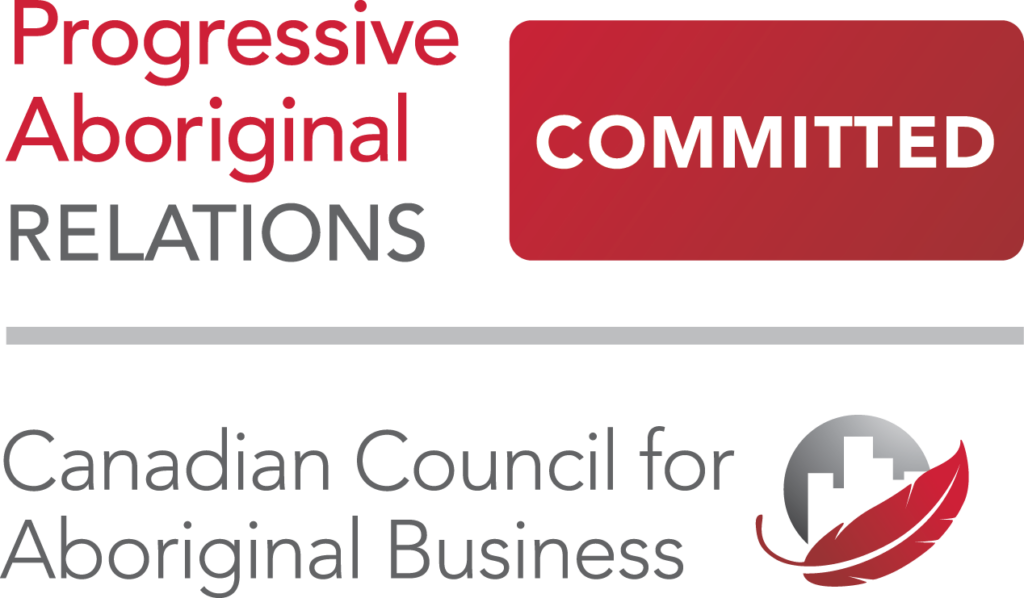“Influencers, partners, and disclosure”, these are all marketing terms that have been around for much longer than 2009 when the FTC updated their advertisement endorsement guidelines. The idea of influencers and performance-based marketing partners being used to promote products and brands is nothing new. They are marketing strategies that have been used since before the time of television broadcasting. The Internet simply made tracking these sorts of partnerships easier, and the ability to track these actions made by partners gave rise to affiliate marketing.
As affiliate marketers, most of us are quite aware of FTC requirements around disclosure and endorsements (we wrote about that not that long ago, FTC Disclosure – Why It’s Important). Staying up-to-date on how to apply those requirements on the ever-changing social media platforms we utilize can be a bit challenging and disclosure is just one part of transparency.
Transparency means more than just meeting FTC guidelines for disclosure; successful affiliates build trust with their followers on social media. This trust and influence foster commissionable actions.
86% of Americans believe transparency from businesses is more important than ever before. (Source)
Maintaining transparency throughout social media isn’t as difficult as we might think it is for affiliate marketers. Let’s break it down into a few areas where we can increase our transparency on social media to help build trust with our followers.
- Create social media profiles that are complete, transparent, on-brand, and clearly provide a way for your followers to verify who you are. Utilize the tools provided by social media networks to get your profiles verified.
- Stay on top of disclosure requirements. The easiest way to disclose your affiliate partner relationships is to include an accurate and timely disclosure of your partnerships in each related post, image, and video used to promote your sponsorships on social media.
- Engage with your followers. Social media by nature is a two-way stream of communication, and communication that is open and ongoing builds trust. Creating posts that encourage communication about the brands you’re representing provides an opportunity for transparency about your partnerships with those brands.
73% of consumers are willing to pay more for products that guarantee total transparency. (Source)
Transparency within your social media presence will not only build trust with your followers but with potential brand partners as well. Authentic, honest representation and disclosure of your relationship with the brands you work with has the potential to extend your social media reach and referral sales.
Contact us for more tips on how to build trust with your audience and build a better reputation for our industry.













Comments are closed.